Welcome to the Butterfly Fact File
Unravel the enchanting world of butterflies—history, species, and more.
Start Your JourneyThe History of Butterflies
Butterflies, part of the order Lepidoptera, trace their origins back over 200 million years to the Triassic period. Evolving alongside flowering plants during the Cretaceous (100-130 million years ago), they developed nectar-sipping proboscises by the Eocene (56 million years ago). From ancient Egyptian art to Victorian collectors like Darwin, butterflies have shaped ecosystems and cultures alike.
Today, with ~17,500 species, they’re vital pollinators and symbols of transformation. Learn more about their incredible journey.
Share on X 🖼️Butterfly Families
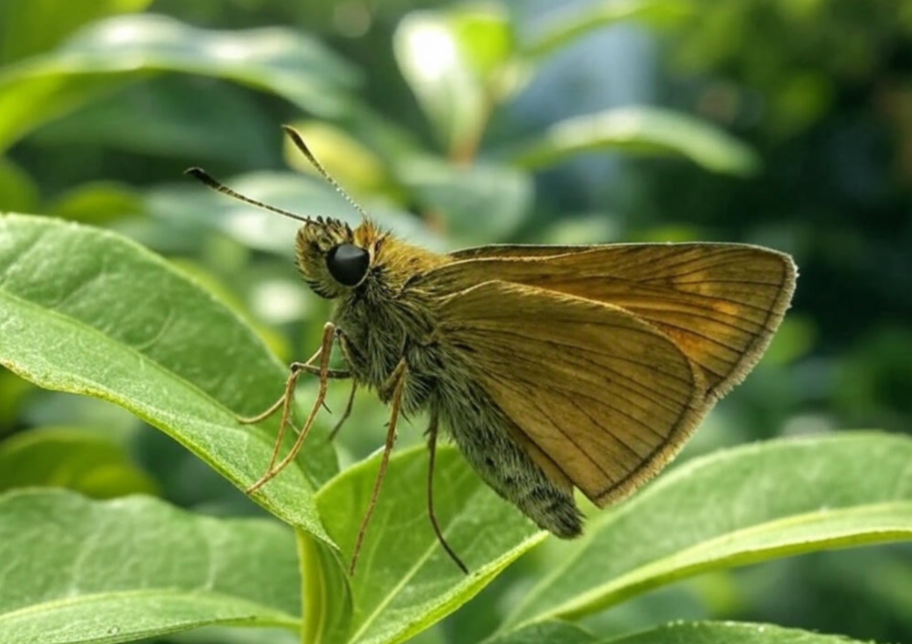
Hesperiidae (Skippers)
~3,500 species - Fast, small, hooked antennae.
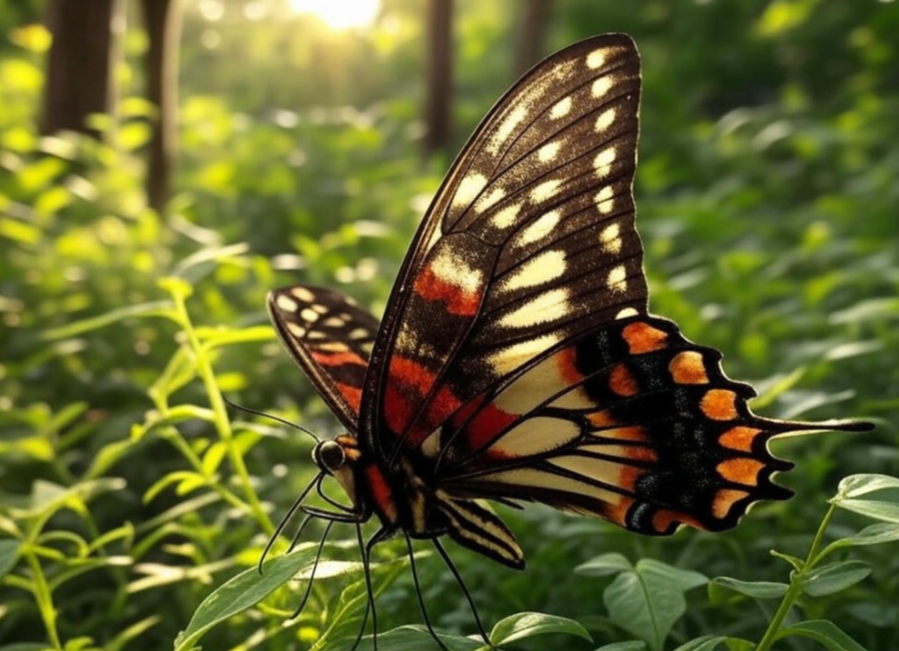
Papilionidae (Swallowtails)
~600 species - Large, colorful, tailed wings.
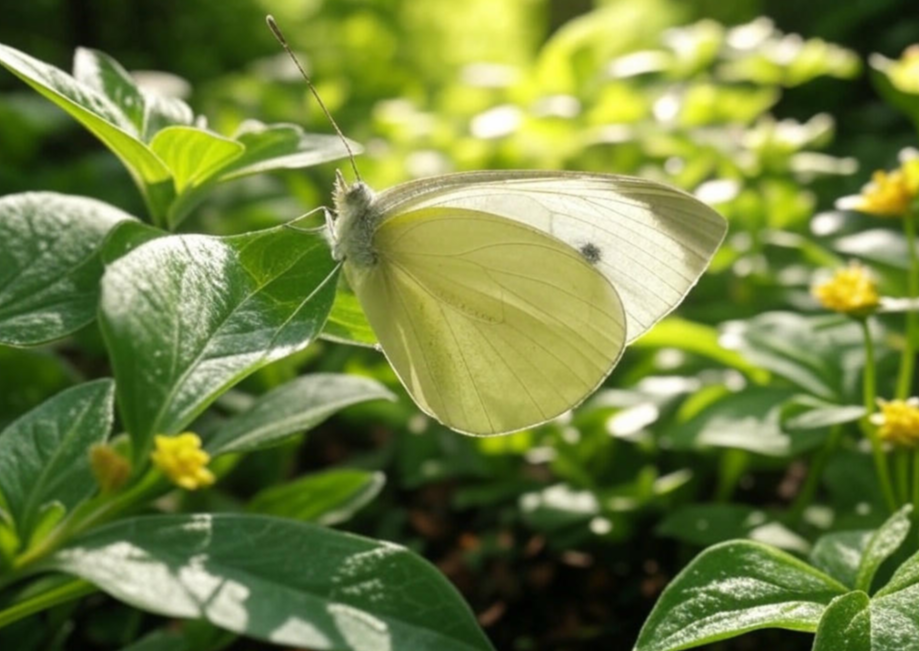
Pieridae (Whites & Yellows)
~1,100 species - White, yellow, migratory.
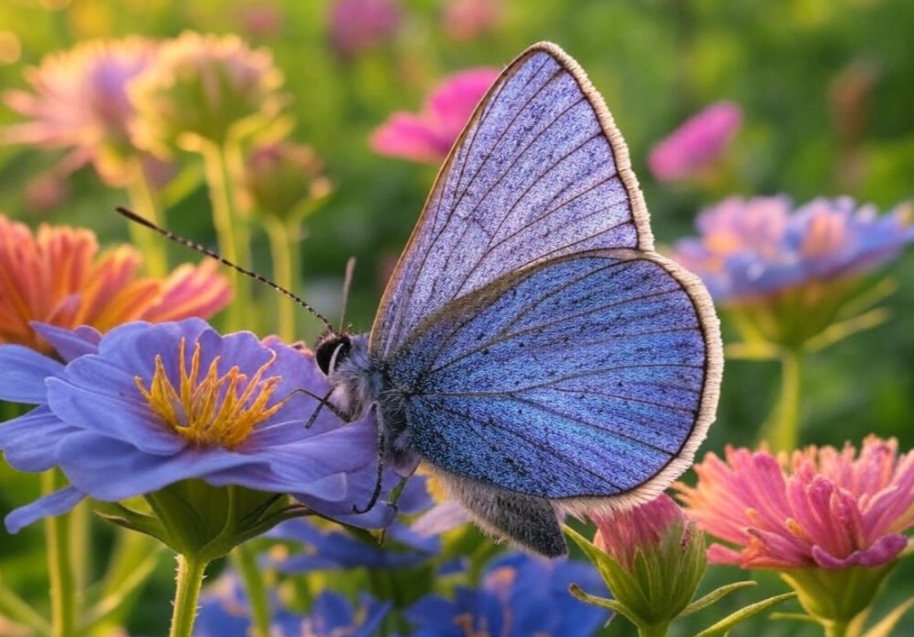
Lycaenidae (Blues & Coppers)
~5,000 species - Small, iridescent wings.
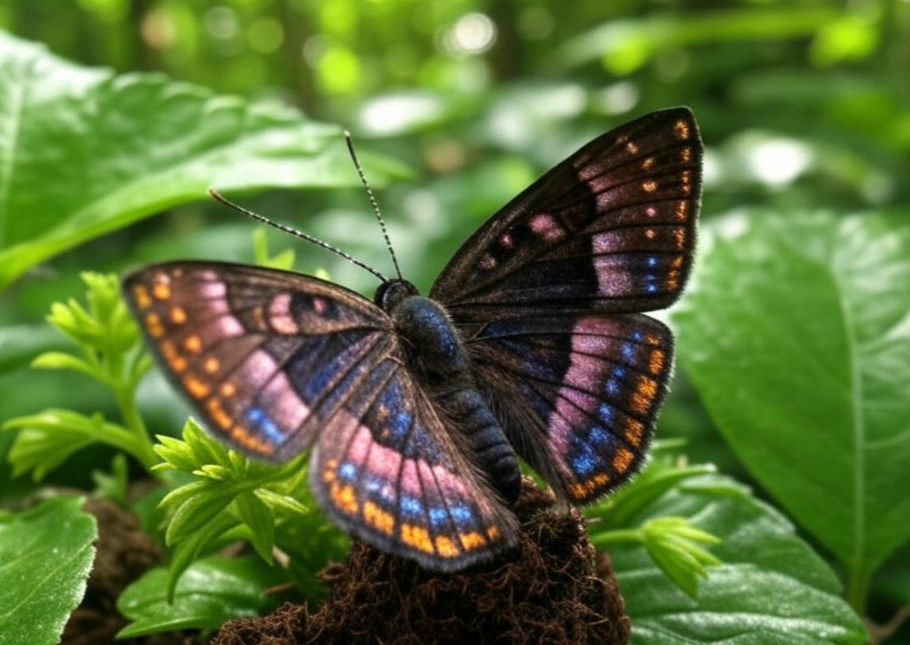
Riodinidae (Metalmarks)
~1,000 species - Tropical, metallic spots.
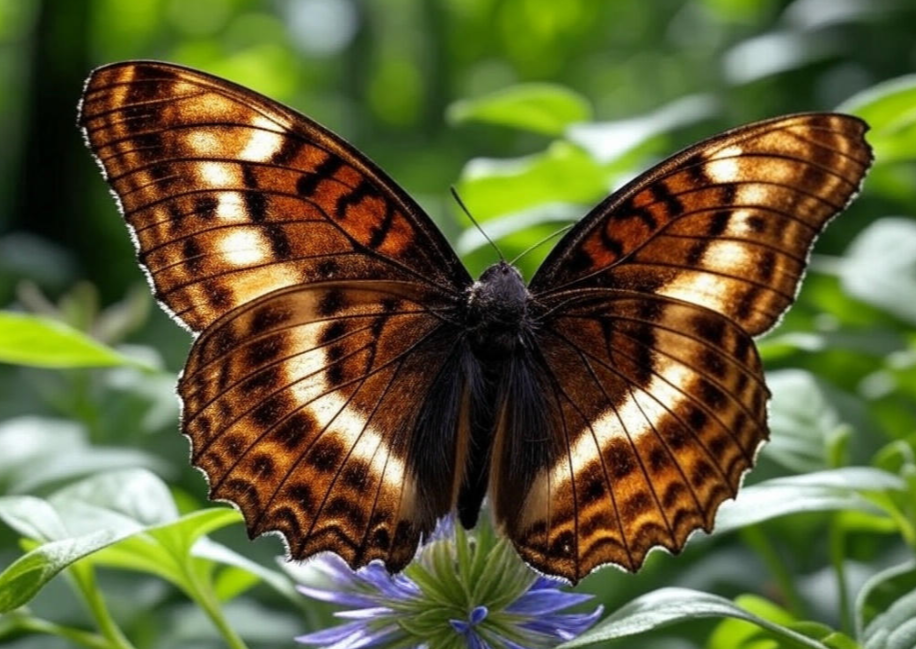
Nymphalidae (Brush-footed)
~6,000 species - Diverse, reduced legs.
Frequently Asked Questions
How many butterfly species exist?
There are approximately 17,500 known species, with more being discovered.
What’s the largest butterfly?
The Queen Alexandra’s Birdwing, with a wingspan up to 12 inches.
Why are butterflies important?
They’re key pollinators and indicators of ecosystem health.